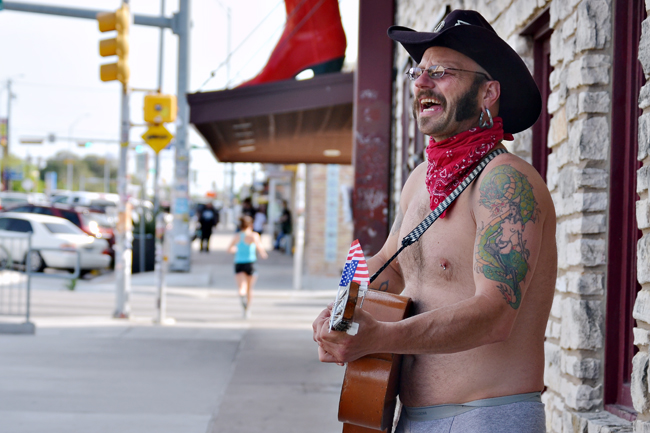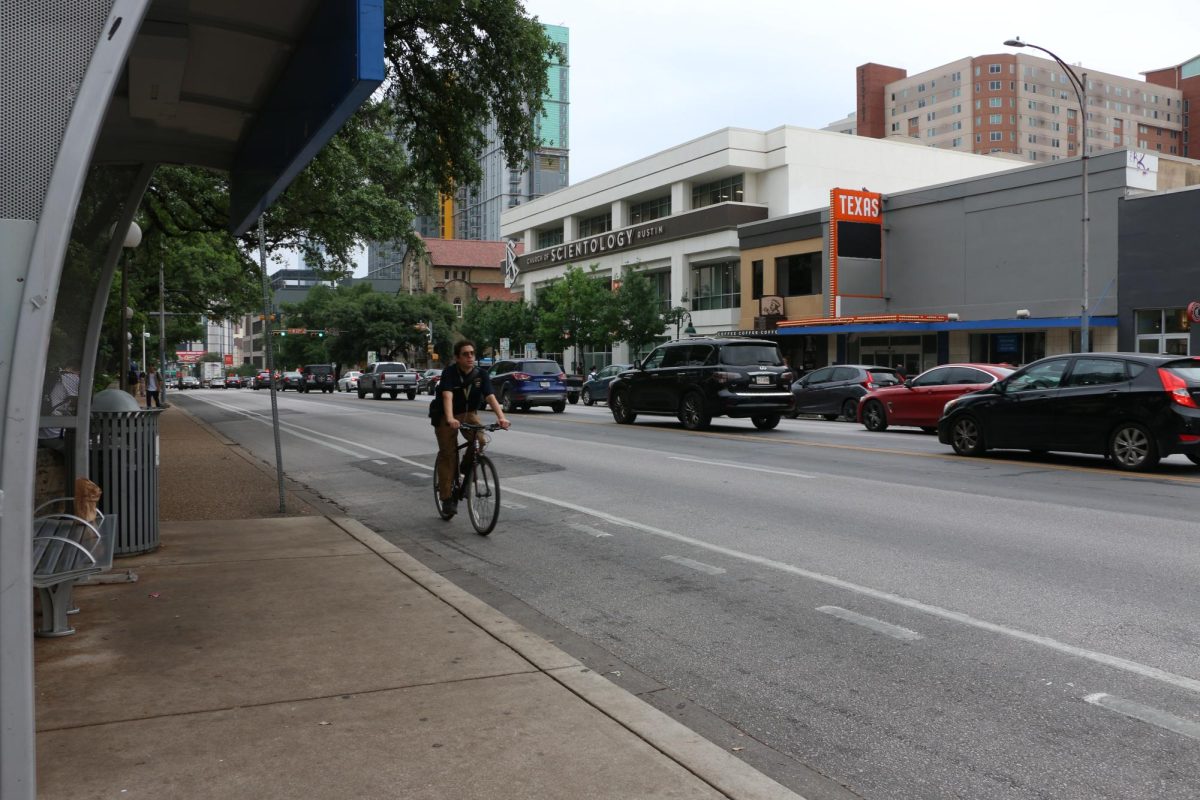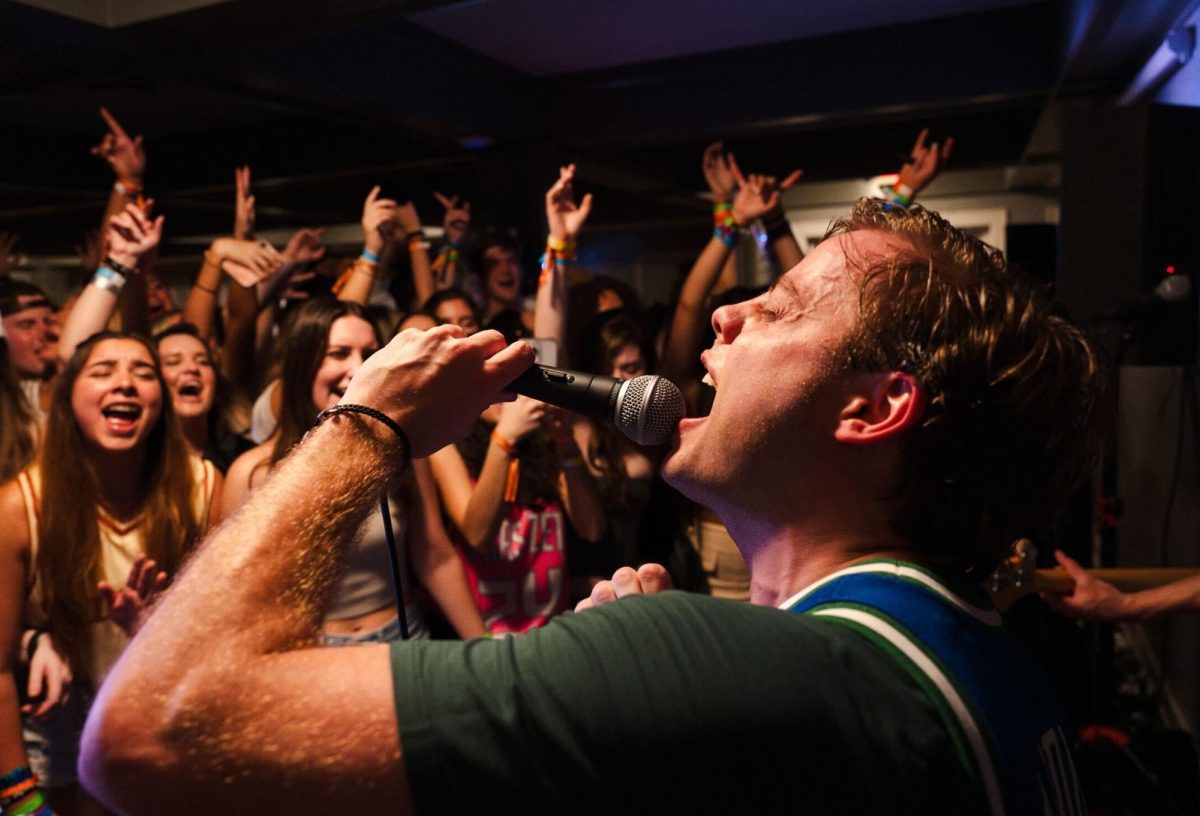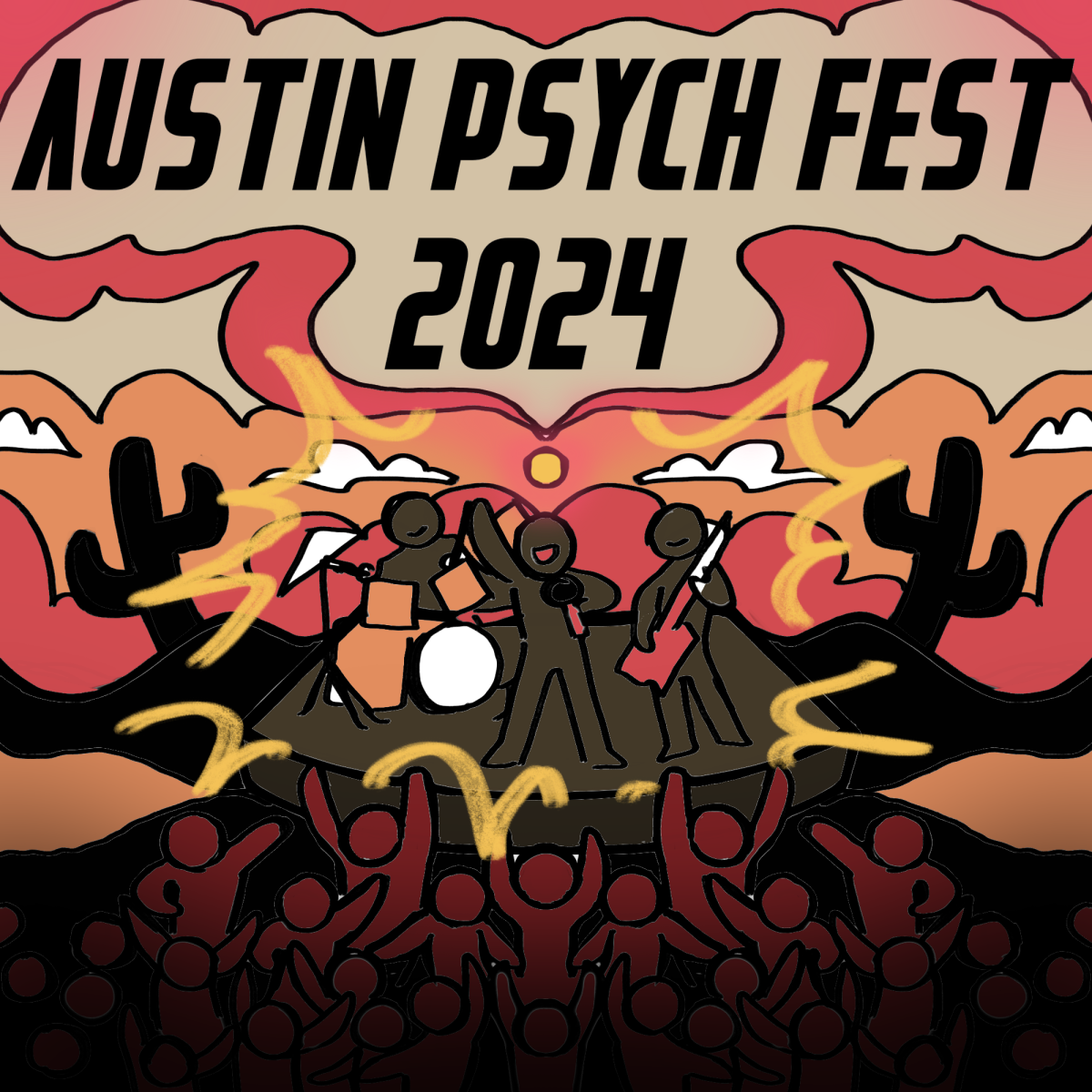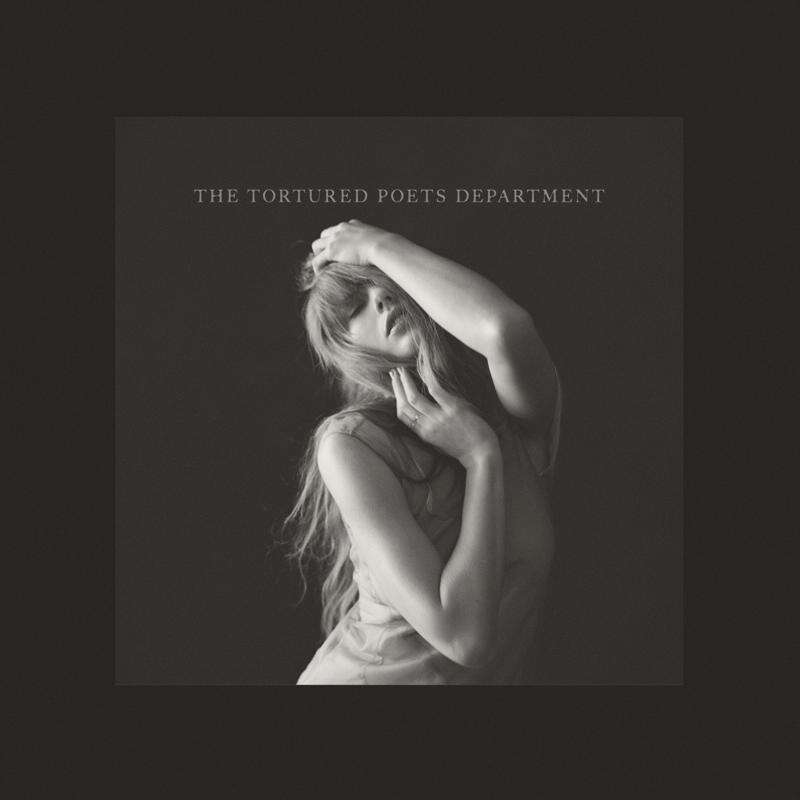It is not uncommon to hear singing, drumming and guitar strumming echoing through the streets of the busy entertainment district in downtown Austin. But according to a group of advocates and city officials, performers are sometimes mistaken for panhandlers.
The Austin Music Commission, an advisory committee focused on matters that may affect musicians and the music industry, passed a resolution tasking a group of three commission members with researching laws friendly to street performers. Ultimately, the group hopes the city will clarify ordinances regarding panhandling and street performing.
“The challenge is that there are a number of ordinances that are in place that were put into the mix with good intentions but that accidentally conflict with one another,” said Jennifer Houlihan, executive director at Austin Music People, a civic engagement group that supports the local music economy. “That makes it challenging for the musicians to understand what they’re allowed and not allowed to do.”
Houlihan said current laws, which prohibit sitting or lying on the sidewalks as well as verbal or non-verbal solicitation of money, are unclear when it comes to public performing.
“If you put out a note there that says ‘tips welcome’ or ‘tips appreciated,’ the police could ask you to take the note out or just stop playing altogether,” Houlihan said. “That’s not because anyone is doing anything wrong or anyone’s trying to be difficult. It’s because the laws are conflicting.”
Houlihan said the ideal solution would be a set of ordinances that make it easy for both police and musicians to follow the rules.
“This should support the efforts that the police are making for public safety with the existing loitering and panhandling laws without unfairly penalizing people who are legitimate artists who happen to be on the street,” Houlihan said.
APD Cpl. Chris Carlisle, who works downtown as a patrol supervisor, said the department fully supports street performers.
“We are more than passionate about their need to work, and we do everything we can to not cite them,” Carlisle said. “We haven’t issued a citation to a musician for soliciting in over six years.”
According to Carlisle, problems arise when musicians block the flow of pedestrian traffic.
“If musicians have their cases or drums set up on the sidewalk, then it forces the public to walk closer to the street, and because the streets aren’t closed, that puts them closer to the cars,” Carlisle said.
Linsey Lindberg, a busker who heads the Austin Busker Project, a non-profit organization aimed at promoting street performers, said she believes the current regulations discourage artists from performing.
“You go out to busk and you never know if the police officer on the corner is going to say, ‘Hey, that’s really cool what you’re doing,’ or if they’re going to tell you that you have to leave or give you a ticket,” Lindberg said.
Lindberg said while some city leaders, such as city councilman Mike Martinez, have publicly supported street performing, Austin lags behind other cities in terms of creating an artist friendly environment.
“We say that we’re the music capital of the world and that we support our artists, but what we’re really doing is making it impossible and pretending there’s no problem,” Lindberg said. “We have to get over the desire not to get our hands dirty in order to make Austin a better place to live.”



